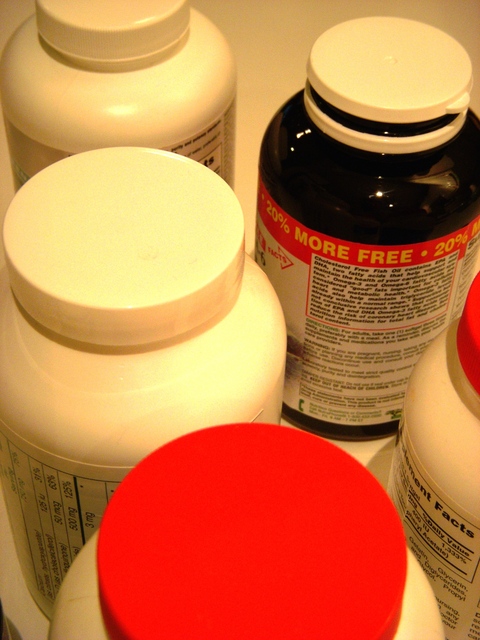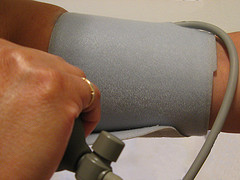
Can You Prevent Arteriosclerosis With Over The Counter Treatment
Arteriosclerosis is a disease that affects the arterial blood vessel. Arteriosclerosis may be one of the most easily preventable diseases of modern times in the 40 to 70 age group.
Read more on Can You Prevent Arteriosclerosis With Over The Counter Treatment…

Smoking And Heart Disease

What You Should Know About Cardiovascular Disease in Women
Cardiovascular disease, also known as CVD, is the number one killer of men and women of all ethnic groups in the United States. Cardiovascular diseases include such problems as high blood pressure, arrhythmia, valve disease, congestive heart failure and stroke. The truth of the matter is that one in four women is affected with some form of cardiovascular disease.
Read more on What You Should Know About Cardiovascular Disease in Women…

The Benefits Of Cardio Training For Your Heart
No matter what age you are, if you are not in shape you have probably wondered about it for heart health. You might have even made some type of New Years resolution or gotten a membership at a gym. That’s great because the benefits of cardio training for your heart are many.
Read more on The Benefits Of Cardio Training For Your Heart…

The Link Between Heart Disease And Gum Disease
You probably know that brushing and flossing your teeth can help you prevent bad breath, cavities, and plaque. But, did you know that gum disease may affect your heart? A recent study has said this to be true. A 2005 edition of the journal Circulation, says that “taking good care of your teeth and gums could prevent you from having a stroke or heart attack.”
Read more on The Link Between Heart Disease And Gum Disease…

What Is Arteriosclerosis
Arteriosclerosis is synonymous to coronary heart disease. Coronary heart disease, or coronary artery disease, is the narrowing of the small blood vessels that supply blood and oxygen to the heart. This condition results from the accumulation of fatty substance and plaque in the arteries. As the coronary arteries narrow, the flow of blood to the heart slows down or stops resulting in chest pain, or angina, shortness of breath, or heart attack.